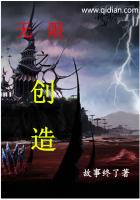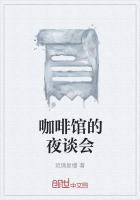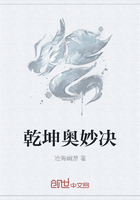Yue Fei (1103-1142) was a famous Chinese patriot and military general who fought for the Southern Song Dynasty (1127-1279) against the Jurchen armies of the Jin Dynasty (1115-1234). Yue was born into a poor tenant peasant’s family. From childhood he displayed a genius for military tactics and carefully studied all martial arts knowledge.
Yue joined the army at the age of 19 when the Jurchen had founded the Jin Dynasty in North China. They constantly made incursions into the territory of the Song Dynasty. In the fighting against the Jurchen armies, Yue Fei was bold and decisive and quickly became well-known. He led the Yue Army to victory after victory and basically secured the survival of the Song Dynasty.
After 1127, the court of the Southern Song Dynasty which was basically run by a cabal of debauched libertines, was content to exercise sovereignty over regions south of the Yangtze River. Yue Fei detested these men and felt great compassion for the people who suffered cruel oppression at the hands of the Jin army. His ambition was always to retake this lost territory. To mollify him, the Emperor proposed building him a grand residence. Yue Fei declined, saying, “Our enemies have not been defeated, so I have no time to set up a home yet.” When someone once asked this virtuous man to define “peace”, Yue Fei said.
“When civil officials do not have an itchy palm and military generals are not afraid to die, the world may know peace. ”
Yue Fei imposed strict military discipline. Soldiers were not allowed to take people’s straw without authorization. Anyone who violated army discipline would be punished severely. When the Yue Army passed by farms, no one dared to occupy the farmpeople’s houses. They said, “Even if we freeze to death, we cannot break into people’s houses and even if we starve to death, we cannot loot.”
Yue Fei was famous for his care for his soldiers. He often personally prepared medicine for sick and injured soldiers. He also redistributed all properties that the court granted to him among his generals and soldiers.
When Yue armies fought, the generals would always be at the frontlines, and most often such an army was undefeatable. The Jin soldiers who fought the Yue Army coined the phrase, “It is easy to conquer a mountain, but difficult to conquer Yue Army.”
In 1140, the Jin army attacked the Southern Song Dynasty. Yue Fei led his Army in a general counterattack against the Jin, and finally defeated the Jin army in Yancheng. The Yue Army marched forward triumphantly, gaining a great victory at Zhuxian Town, and began to make preparations to recover all of North China from the Jin.
Just when he was about to attack and retake Kaifeng, corrupt officials advised Emperor Gaozong to recall Yue Fei to the capital and sue for peace with the Jurchen. Fearing that a defeat at Kaifeng might cause the Jurchen to release arival for the Song throne, Qinzong, thus threatening his claim to the throne, the emperor followed their advice. The emperor and traitorous minister Qin Hui issued the “Twelfth Golden Edict” to Yue Fei, calling him back to the capital.
Yue Fei had to cease the attack and retreat so that the Southern Dynasty lost a golden opportunity to defeat the Jin army.
In 1142, Yue Fei was executed by Emperor Zhao Gou and Qin Hui on trumped-up charges. His son Yue Yun and general Zhang Xian were also killed.
The execution of Yue Fei was one of the great crimes of Chinese history.















